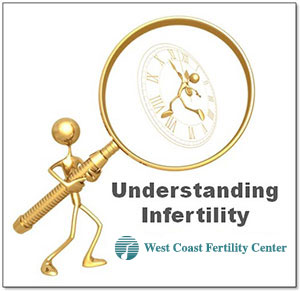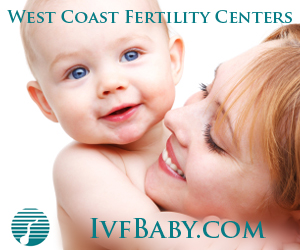Understanding Infertility

An important determinant of successful pregnancy is a woman’s age. This does not imply that a woman is unhealthy by any means since her uterus and overall health status may be strong and robust even into her late 40’s.
Therefore, generally speaking from the reproductive perspective, women in their late 30’s and beyond, possess eggs which are less likely to form normal embryos. This crucial fact is very significant since abnormal embryos lead to lower pregnancy rates, greater risk of miscarriage and a rise in children with chromosomal diseases such as Down Syndrome.
Egg Quality Diminishes with Age
The cytoplasmic fluid within the egg contains many tiny organelles along with microtubules collectively known as the cytoskeleton. These molecular structures modulate critical molecular events including normal chromosomal alignment. Other organelles, like the mitochondria, are the energy powerhouses of the oocyte and are essential for normal egg function.
Disturbances within the structure of microtubules and aging of the maternal mitochondria can interfere with normal fertilization and growth. This may lead to the development of suboptimal embryos that fail to develop normally, leading to implantation failure or loss of the pregnancy (miscarriage) during the first few weeks.





